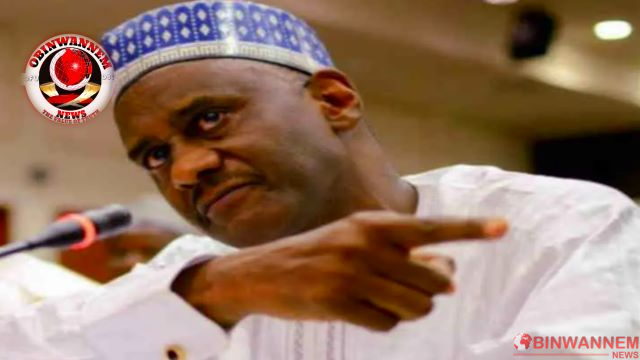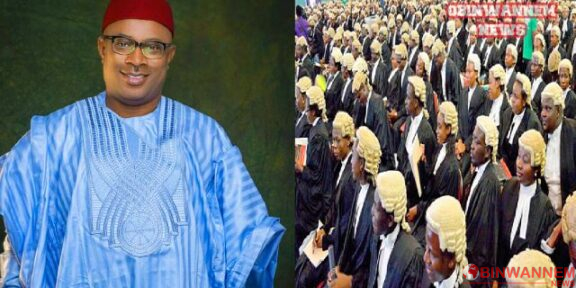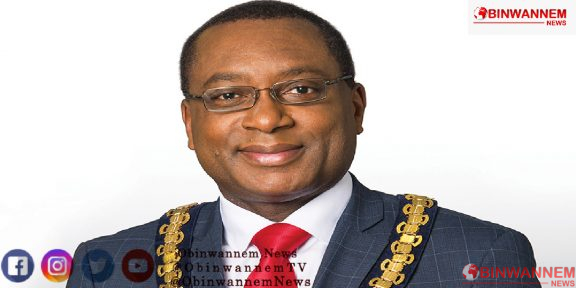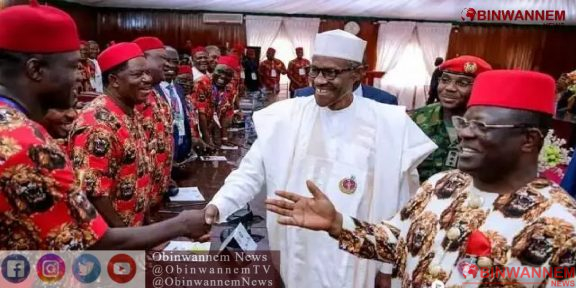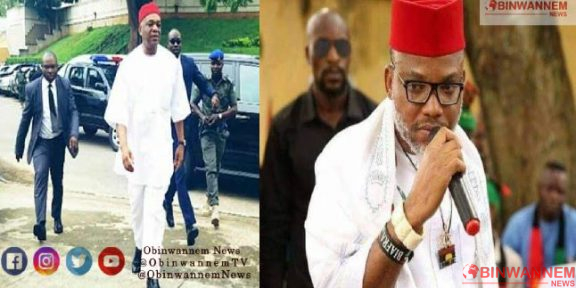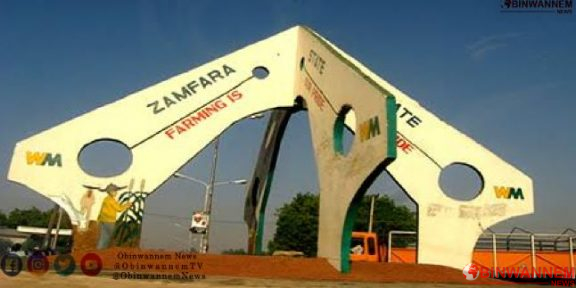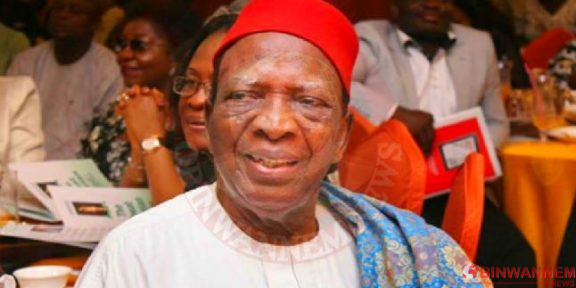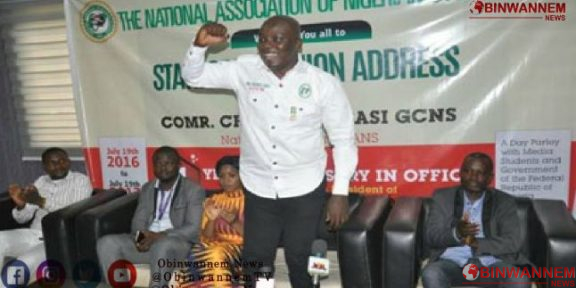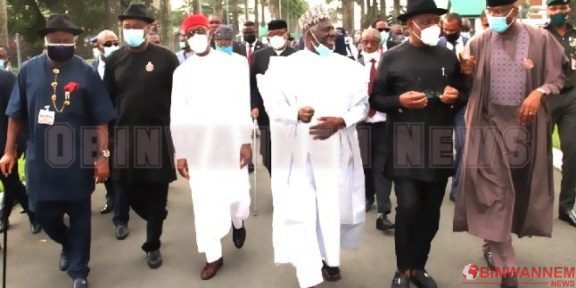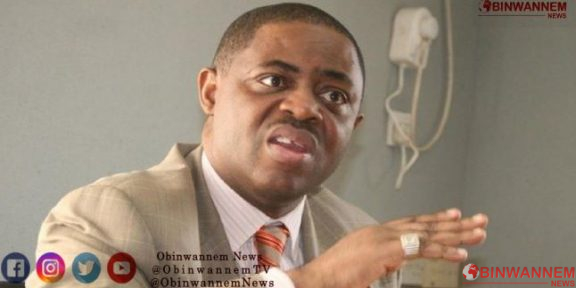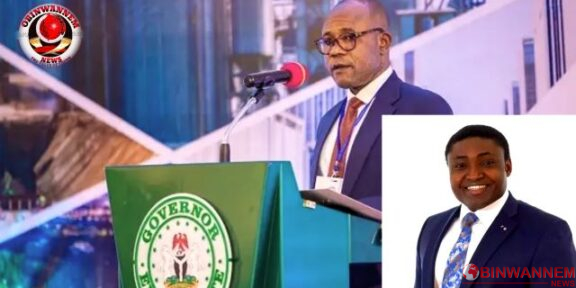In a recent statement, Professor Usman Yusuf, the former Executive Secretary of the National Health Insurance Scheme (NHIS), displayed a concerning level of ignorance and hypocrisy regarding the South Eastern region of Nigeria. While addressing the economic hardships facing the nation, Yusuf expressed surprise at the perceived silence from the South East, contrasting it with the agitation witnessed in other parts of the country.
Yusuf’s assertion, however, overlooks critical historical and political realities that have contributed to the current state of affairs. Firstly, he conveniently neglects to acknowledge the systemic marginalization and neglect the South East has endured for decades. During President Buhari’s tenure, the region was consistently sidelined in key appointments and infrastructure development projects, such as the lack of railway networks compared to the North.
Moreover, Yusuf fails to recognize the suppression of voices advocating for the rights and freedoms of the Igbo people. The arbitrary detention of individuals like Mazi Nnamdi Kanu, who dared to speak up against injustice, went unchecked by the government, with no outcry from the Northern elites Yusuf identifies with.
Furthermore, Yusuf’s call for President Buhari to address the hunger crisis conveniently overlooks the role of the administration in exacerbating the situation. The manipulation of the judiciary to favor political interests, as evidenced by the controversial 2023 election outcome, raises questions about the government’s commitment to democracy and justice.
Yusuf’s suggestion for the President to intervene directly in feeding the populace also disregards the underlying causes of food insecurity, such as poverty, corruption, and mismanagement. Merely flooding the market with food, without addressing these systemic issues, would only provide a temporary solution to a much deeper problem.
In light of these realities, Yusuf’s criticism of the South East’s silence appears not only misinformed but also hypocritical. It reflects a failure to acknowledge the structural inequalities and injustices that have shaped the region’s socio-economic and political landscape.
Instead of chastising the South East for their perceived quietness, Yusuf would do well to reflect on the complicity of the Northern elites, including himself, in perpetuating these injustices. Rather than urging the President to intervene superficially, he should advocate for comprehensive reforms that address the root causes of hunger and inequality across the nation.
In conclusion, Yusuf’s remarks highlight a troubling disregard for the complexities of Nigeria’s socio-political dynamics. They underscore the urgent need for a more inclusive and equitable approach to governance, one that prioritizes the needs and aspirations of all Nigerians, regardless of their region or ethnicity.


